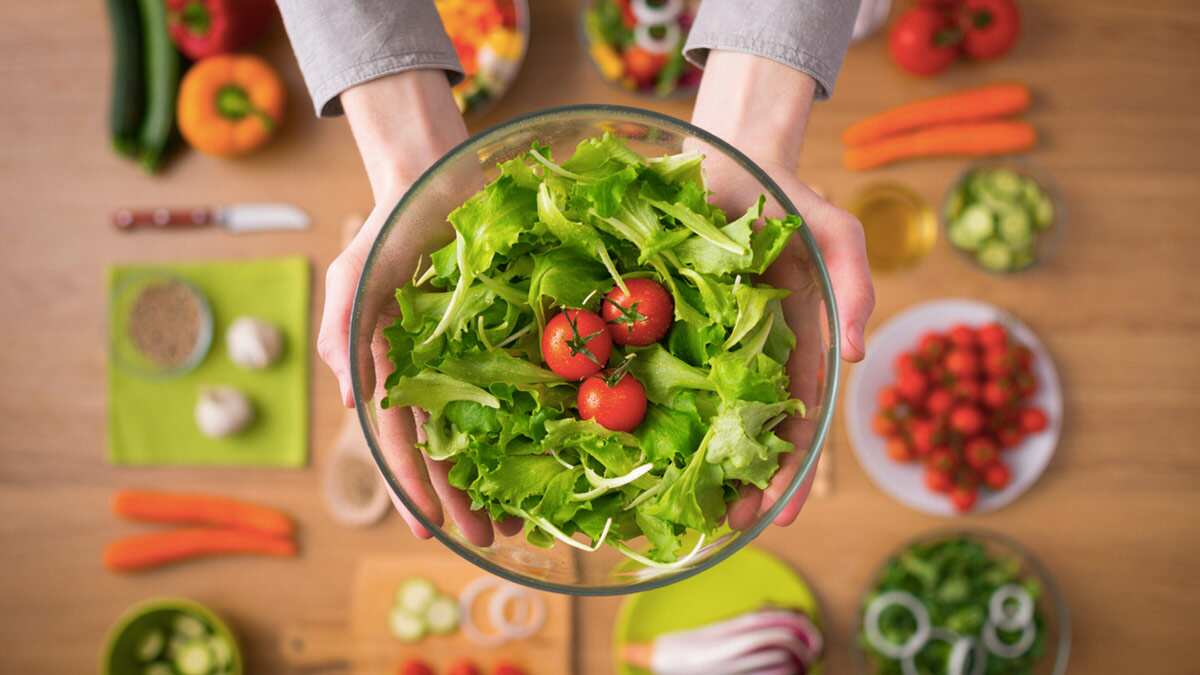A recent study has highlighted that the North Indian population is potentially at risk of developing ailments including hypertension, cardiovascular disease and chronic kidney disease.

Excessive salt intake can increase the risk of several health conditions
The burden of non-communicable diseases is increasing in India and all over the world. These include cardiovascular diseases, hypertension, kidney conditions, type-2 diabetes and many more. A recent study has highlighted that the North Indian population is potentially at risk of developing ailments including hypertension, cardiovascular disease and chronic kidney disease.
Understanding the key findings
The researchers at The George Institute for Global Health India, in collaboration with the Postgraduate Institute of Medical Education and Research (PGIMER) in Chandigarh, studied the dietary habits of North Indian populations.
Its findings revealed that the dietary habits of the North Indian population could be the culprit. According to the study, the intake of nutrients necessary for good cardiovascular and kidney health is suboptimal among the population in North India. It has focused on the excessive intake of salt and that the potassium and protein consumption is below the recommended dietary allowance. Also, men exhibited higher nutrient intake compared to women.
The study is focused on sodium, potassium, phosphorus, and protein intake, all of which have an impact on the risk of developing non-communicable diseases.
"A poor nutritious diet is a major risk element for non-communicable diseases (NCD), which are of considerable public health concern. In India, people eat different foods, so it is important to know exactly what nutrients they are getting to help prevent and manage these diseases. The high salt intake and low potassium intake point to the need to develop interventions targeted to individuals and societies," mentions Vivekanand Jha, Executive Director, The George Institute for Global Health, India and the lead study author, said.
Encouraging individuals to eat a well-balanced diet might help lower the risk. "We need to take action to fix imbalances in nutrients and encourage people to eat more healthily by increasing diversity," adds Prof Vivekanand Jha.
Tips to eat a well-balanced diet:
- Read food labels and know the ingredients well
- Add a variety of food groups including fruits, vegetables, grains, dairy, proteins, fats and oils and more
- Pay attention to your salt and sugar intake
- Monitor your calorie intake per day
- Focus on your micronutrient needs and add supplements if required
Disclaimer: This content including advice provides generic information only. It is in no way a substitute for a qualified medical opinion. Always consult a specialist or your own doctor for more information. NDTV does not claim responsibility for this information.
DoctorNDTV is the one stop site for all your health needs providing the most credible health information, health news and tips with expert advice on healthy living, diet plans, informative videos etc. You can get the most relevant and accurate info you need about health problems like diabetes, cancer, pregnancy, HIV and AIDS, weight loss and many other lifestyle diseases. We have a panel of over 350 experts who help us develop content by giving their valuable inputs and bringing to us the latest in the world of healthcare.












